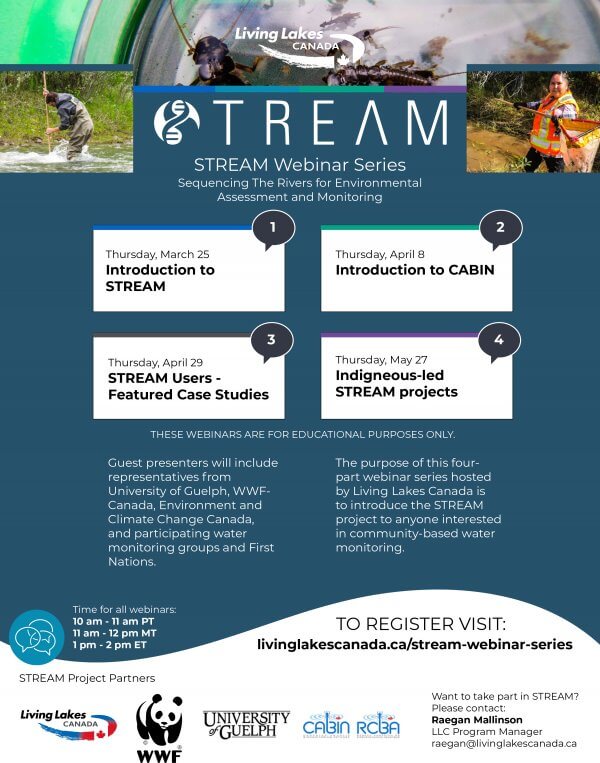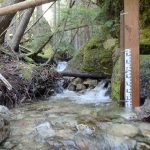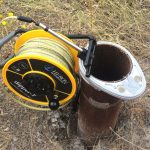New Project: Eastern Slopes Aquatic Monitoring Collaborative
Living Lakes Canada (LLC) is supporting the facilitation of an Eastern Slopes Aquatic Monitoring Collaborative, a group of local water stewardship organizations, Watershed Planning and Advisory Councils, Parks Canada, Environment and Climate Change and consultants that are coming together with a goal to create a Canadian Aquatic Biomonitoring Network (CABIN) reference model for the Eastern Slopes of the Canadian Rockies. CABIN is the national aquatic health monitoring program developed by Environment and Climate Change Canada.
VISIT THE EASTERN SLOPES PROJECT PAGE
Alberta’s Eastern Slopes form part of the headwaters of two of Canada’s major watersheds. Increased land use in the region is having an impact on water quality and aquatic ecosystems. There is a need for more monitoring to establish both baseline conditions, and to measure change. This has created the opportunity for LLC to facilitate the development of a community-based water monitoring (CBWM) program to better understand the health of the aquatic ecosystems that communities within these watersheds depend on. This pilot project will provide the foundation to implement a long-term, large-scale, collaborative biomonitoring program. The short-term changes the project will deliver include capacity building through outreach to cross-sector collaborators along the eastern slopes sub-watersheds, including the Upper Peace, Smoky, Upper Athabasca, North Saskatchewan, and South Saskatchewan.
CABIN Model for the Rocky Mountain Eastern Slopes
One of the first NGOs to be certified to deliver field training for the CABIN, Living Lakes Canada has been training community groups to monitor water using this protocol for over a decade.
CABIN uses the Reference Condition Approach, which is one of the most effective techniques for biomonitoring and detecting habitats at risk in aquatic ecosystems. Community-based water monitors will be adding reference sites, which are sites least impacted by human activity, to their routine monitoring. In order to collect enough data at reference sites, community-based water monitors must be trained in the CABIN methods. This involves online modules housed by the Canadian Rivers Institute and a 2-day field course, that will be led by LLC.
The Eastern Slopes Aquatic Monitoring Collaborative is inviting anyone interested in learning more about CABIN — or who wants to start their own local biomonitoring project along the Eastern Slopes — to join. Participants will be also invited to join an informative webinar series to increase water literacy, and learn about biomonitoring and the STREAM project, which is using an updated version of CABIN.
For more information please contact Program Manager Raegan Mallinson: raegan@livinglakescanada.ca
REGISTER FOR THE WEBINAR SERIES
(Follow the link for webinar details and presenters’ bios)






